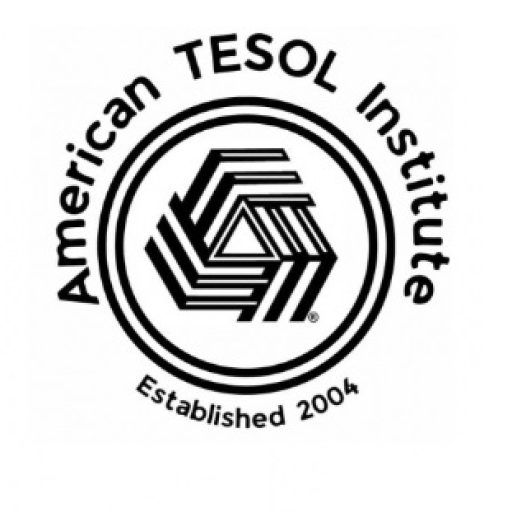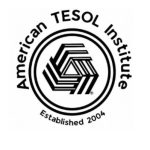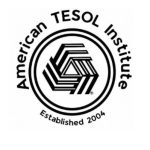What is TESOL?
TESOL, which stands for Teaching English to Speakers of Other Languages, is a field dedicated to equipping educators with the knowledge and skills to effectively teach English to non-native speakers. It encompasses a broad range of approaches, methodologies, and techniques tailored to the unique needs of language learners across different age groups, proficiency levels, and cultural backgrounds.
The Origins of TESOL
While the teaching of English to non-native speakers has a long history, the term “TESOL” was coined in the early 1960s during a meeting at the annual conference of the National Association for Foreign Student Affairs (NAFSA). A group of educators recognized the need for a more specialized organization focusing on the unique challenges and opportunities of teaching English as a second or additional language. This led to the formation of Teachers of English to Speakers of Other Languages (TESOL), a professional organization that continues to play a pivotal role in shaping the field today.
The Importance of TESOL Certification
TESOL certification serves as a testament to an educator’s expertise and commitment to the field. It demonstrates a deep understanding of language acquisition theories, effective teaching methodologies, and cultural sensitivity. A TESOL certificate can open doors to a variety of career opportunities, including teaching English in schools, universities, language centers, and online platforms.
Benefits of TESOL Certification
- Enhanced Teaching Skills: Gain a comprehensive understanding of language teaching principles, lesson planning, and assessment strategies.
- Increased Employability: Boost your credentials and stand out in the competitive job market for English language teaching positions.
- Professional Growth: Stay abreast of the latest trends and research in the field of TESOL through continuing education and professional development opportunities.
- Cultural Competence: Develop intercultural communication skills and create inclusive learning environments that celebrate diversity.
- Global Opportunities: Teach English abroad or online, connecting with students from around the world and experiencing different cultures.
Choosing the Right TESOL Certification Program
When selecting a TESOL certification program, it’s important to consider factors such as:
- Accreditation: Ensure the program is accredited by a reputable organization.
- Curriculum: Choose a program that covers a comprehensive range of TESOL topics relevant to your teaching goals.
- Practical Experience: Look for programs that offer opportunities for hands-on teaching practice or observation.
- Instructor Qualifications: Learn from experienced TESOL professionals who can provide guidance and support.
- Flexibility: Consider online or blended learning options if you need a flexible schedule.
Conclusion
TESOL certification is a valuable investment for anyone passionate about teaching English to speakers of other languages. By equipping yourself with the knowledge, skills, and credentials needed to excel in this field, you can embark on a rewarding career that makes a real difference in the lives of learners around the globe



